Is nuclear power unnecessary to stop climate change?

There are many dissenting opinions that nuclear power should not be used due to the problem of
Do we Need Nuclear Energy to Stop Climate Change? --YouTube
There are both voices in the world saying that 'nuclear power generation is necessary to stop global warming' and that 'nuclear power generation should be stopped now'.

There is a complex background to the division of nuclear power between pros and cons. As a starting point, it is said that
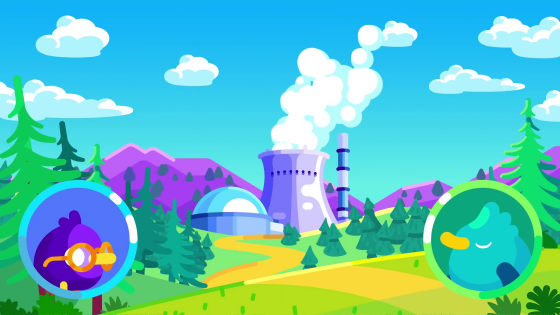
As of 2021, 84% of the energy fuels used by humankind are fossil fuels, of which 33% are petroleum, 27% are coal, and 24% are gas.
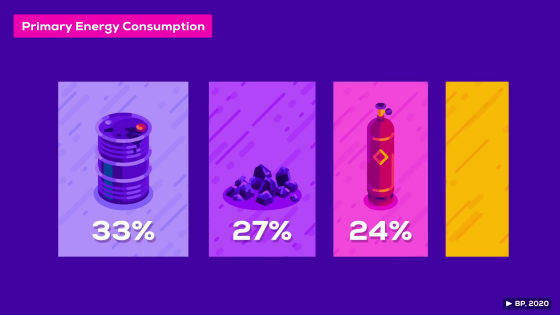
The remaining 16% of energy fuels other than fossil fuels are 7% hydropower, 5% solar power, wind power, biomass, waves, and geothermal power, and 4% are nuclear energy.
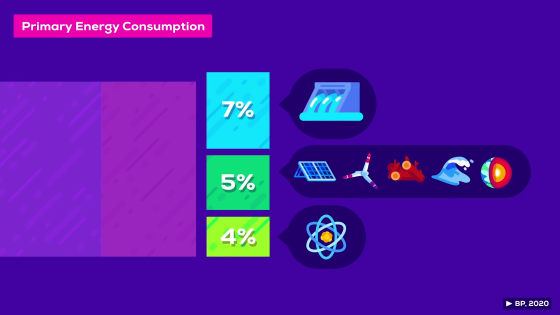
As you can see from the above, human beings rely on fossil fuels for most of their lives. One possible way to eliminate the dependence on fossil fuels while maintaining the traditional life is to change the life centered on fossil fuels to a life centered on 'electricity'.
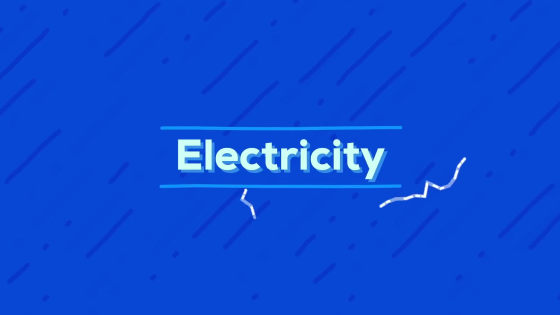
Since electricity can be generated by solar power and wind power, greenhouse gas emissions can be reduced. Efforts to electrify electricity have already been made in various fields, such as the promotion of electric vehicles and electric heaters.
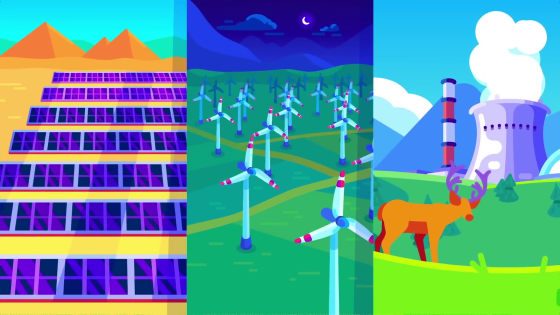
However, there are also problems in advancing the transition to electricity. For example, 63% of the world's electricity is produced by fossil fuels, and the demand for electricity has increased significantly in recent decades. For this reason, even if electricity is promoted, renewable energy such as wind power and hydropower cannot meet the demand, and the amount of fossil fuel used will only increase.
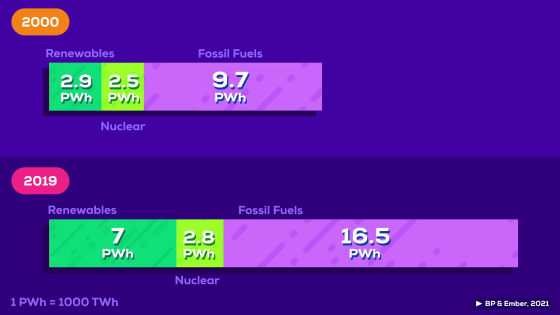
In this respect, although nuclear power generation is not a renewable energy, it has the advantages of low greenhouse gas emissions and good energy efficiency.

France and Sweden are countries that emit less greenhouse gases in power generation. Looking at these two countries, France has 67% nuclear power and 12% hydropower, and Sweden has 30% nuclear power and 45% hydropower. It can be said that these two countries have shown that the use of nuclear power in power generation is effective in reducing greenhouse gas emissions.
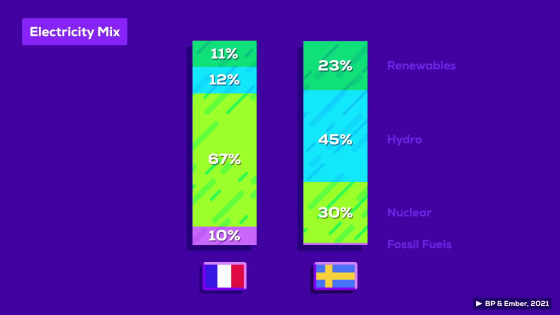
But in the last few decades, nuclear power has barely increased.
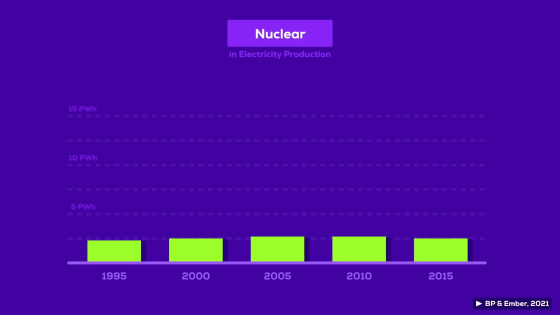
This is because new reactors are being built in countries such as China, India, and South Korea, while Germany, Japan, and the United Kingdom are reducing the use of nuclear reactors.
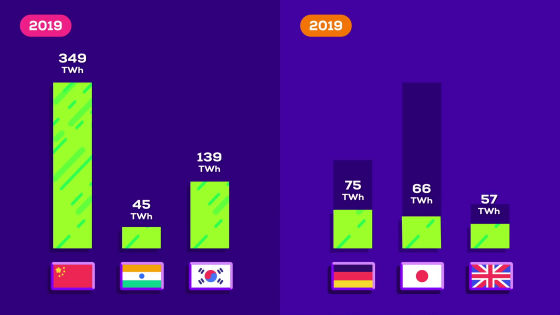
Another problem is that the nuclear reactors that exist in the world were built decades ago and have become 'old technology.' A huge amount of money is required to build a new nuclear reactor, and it is expected that it will take decades to complete a new nuclear reactor, especially in Western countries due to the problems of 'lack of know-how' and 'regulation'. ..

Meanwhile, 'small reactors' have also been developed that reduce the cost and time of construction. Some of these reactors
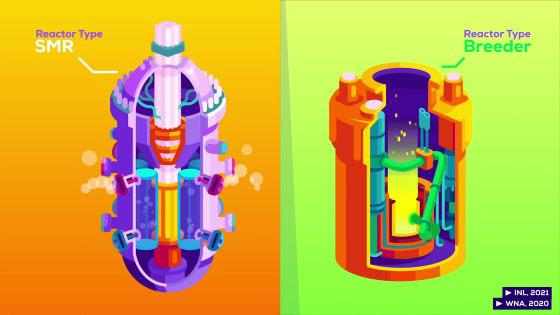
However, there are also dissenting opinions about nuclear power generation itself because of the possibility of radioactive waste and accidents. Opponents of nuclear power argue that 'alternative energy for fossil fuels should be concentrated on renewable energy' ...
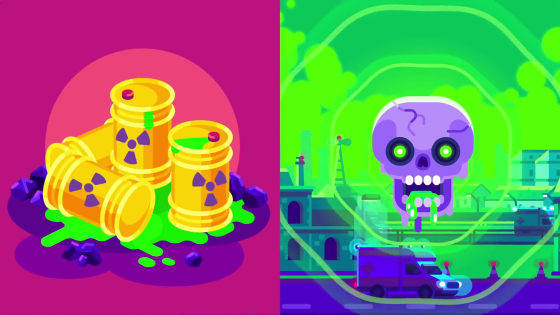
There are still many problems with hydroelectric power generation, wind power generation, solar power generation, etc. For example, existing technologies are not yet capable of providing stable and continuous power to people around the world.
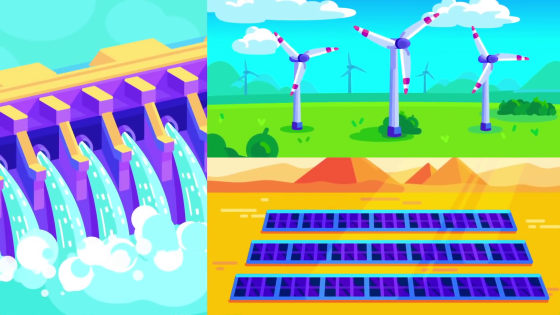
Sometimes the sun isn't shining or the wind isn't blowing. It is also possible that climatic conditions change depending on the season.

In order to provide stable and continuous power supply, it is necessary to build a large-scale power storage, store the power generated when there is sunlight or wind, and make it available when needed. However, until this is achieved, it will be necessary to support power generation with another fuel.

As of 2021, there will be no such large-scale power generation system or storage, but when these are completed, human beings will be able to live on electricity more than ever, and the use of fossil fuels will be reduced. ..
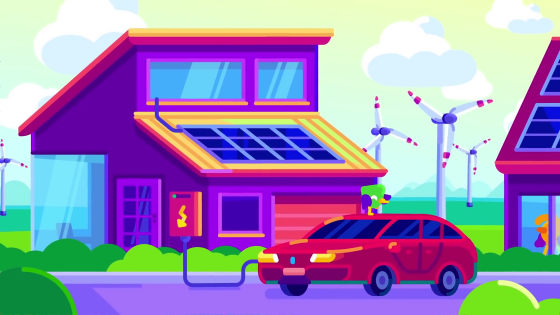
Whether it's renewable energy or nuclear energy, there are problems with each, and there is no perfect energy source. So how should we move from fossil fuels to the next energy source in the future?

This is exactly where the debate is divided. 'Immediately stop nuclear power generation and temporarily accept fossil fuels' 'Minimize nuclear power generation while using renewable energy, and stop nuclear power generation when a renewable energy system is established' 'Safe and inexpensive There are various opinions such as 'Investing in new nuclear power plants.' In this regard, Kurzgesagt suggested that all technologies should be advanced in parallel when considering risk management.

As of 2021, we do not know which technology will be able to reach our goals first or solve the problem. For this reason, it seems that it is best to regard renewable energy and nuclear energy as 'partners' rather than 'rivals' and to invest in both to complement each other.

Related Posts:







